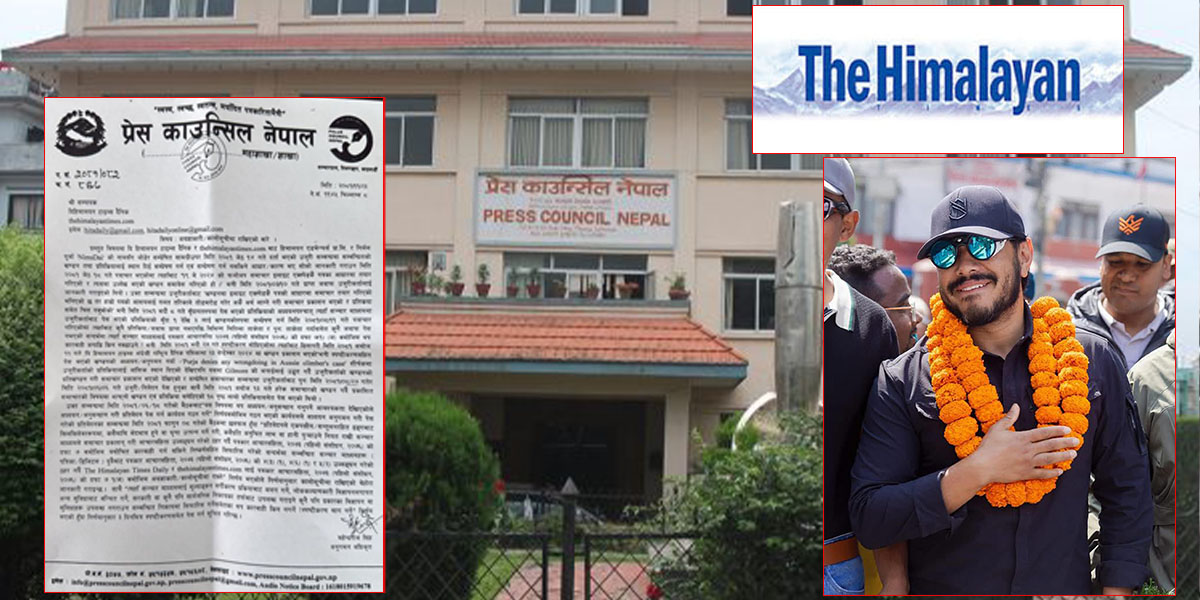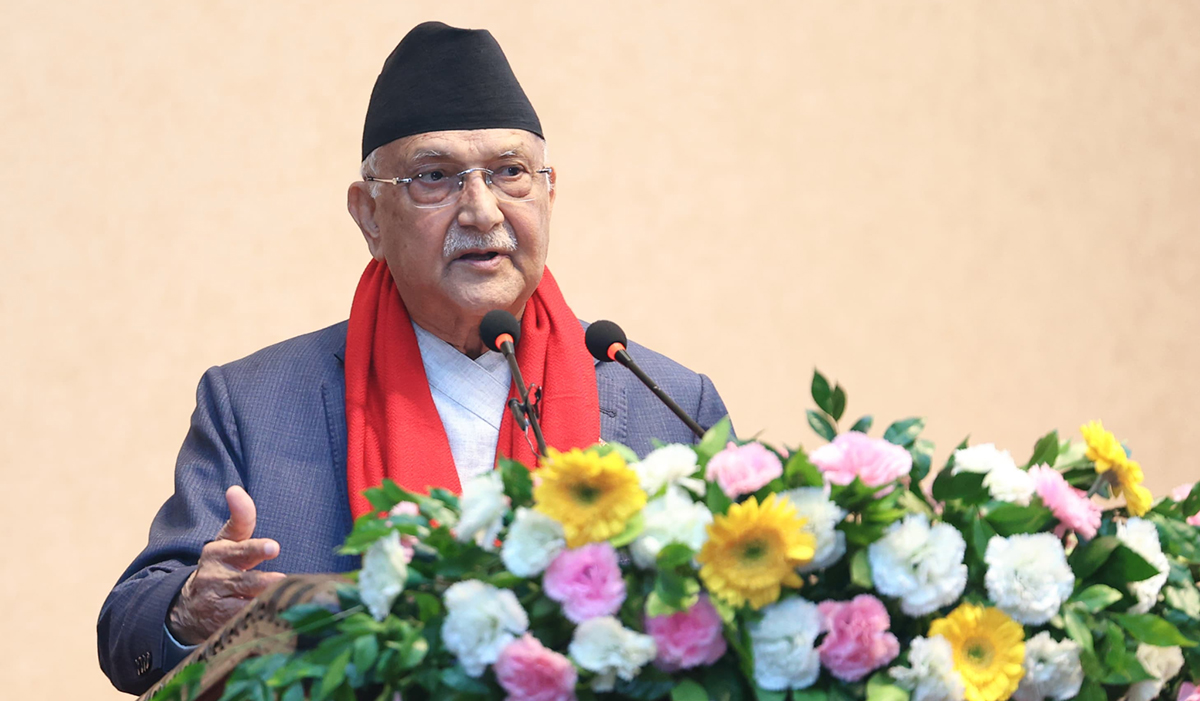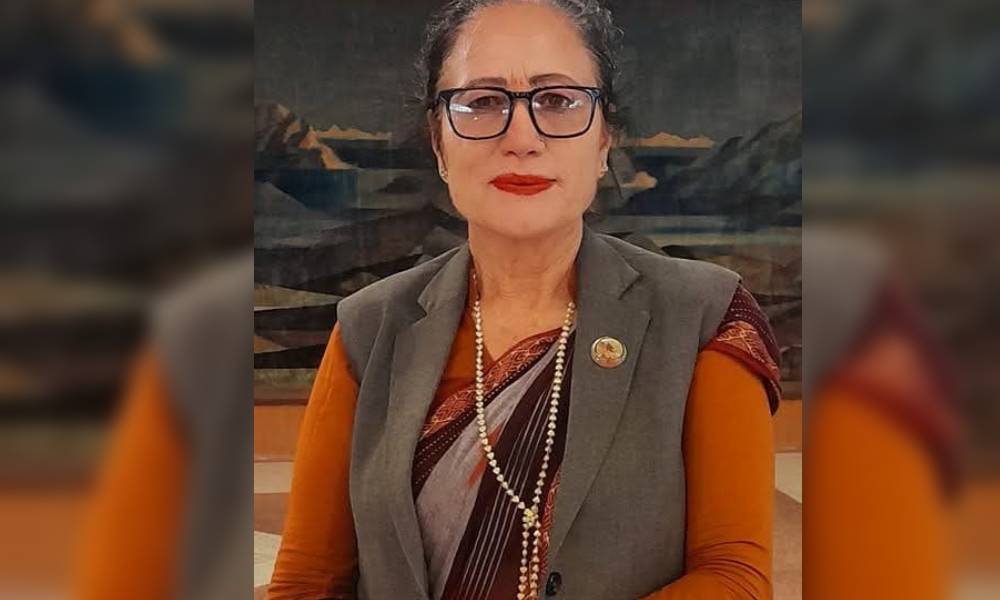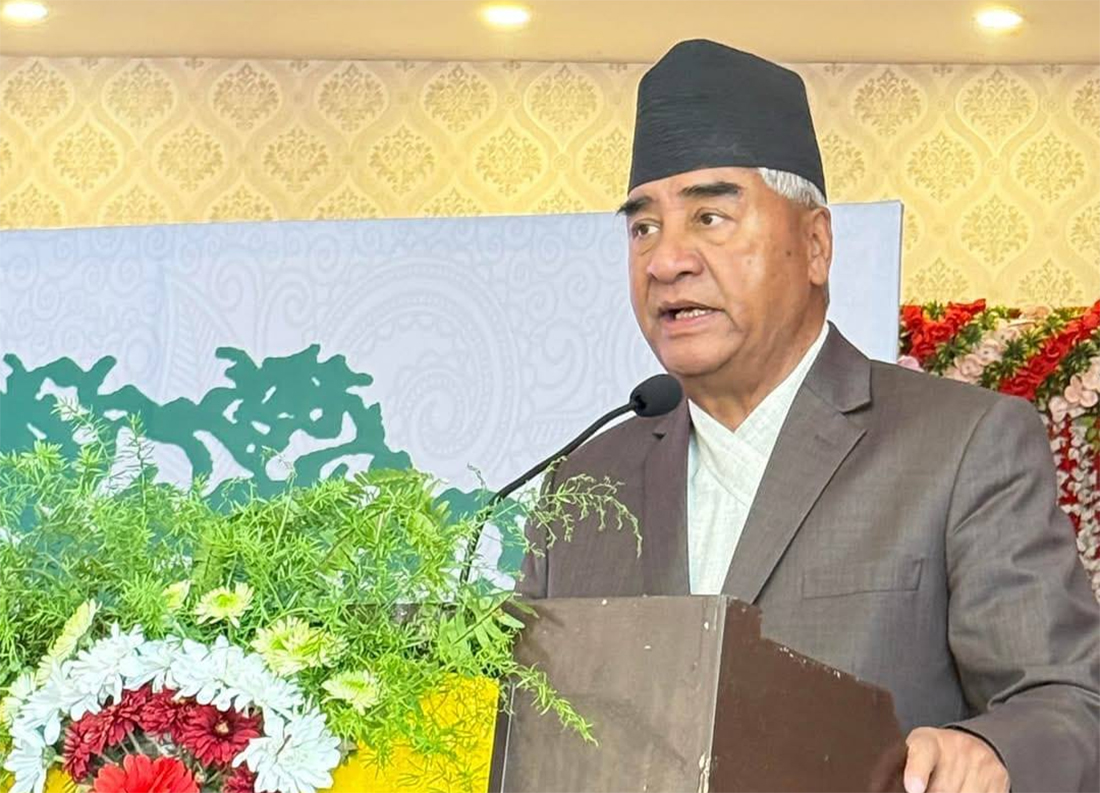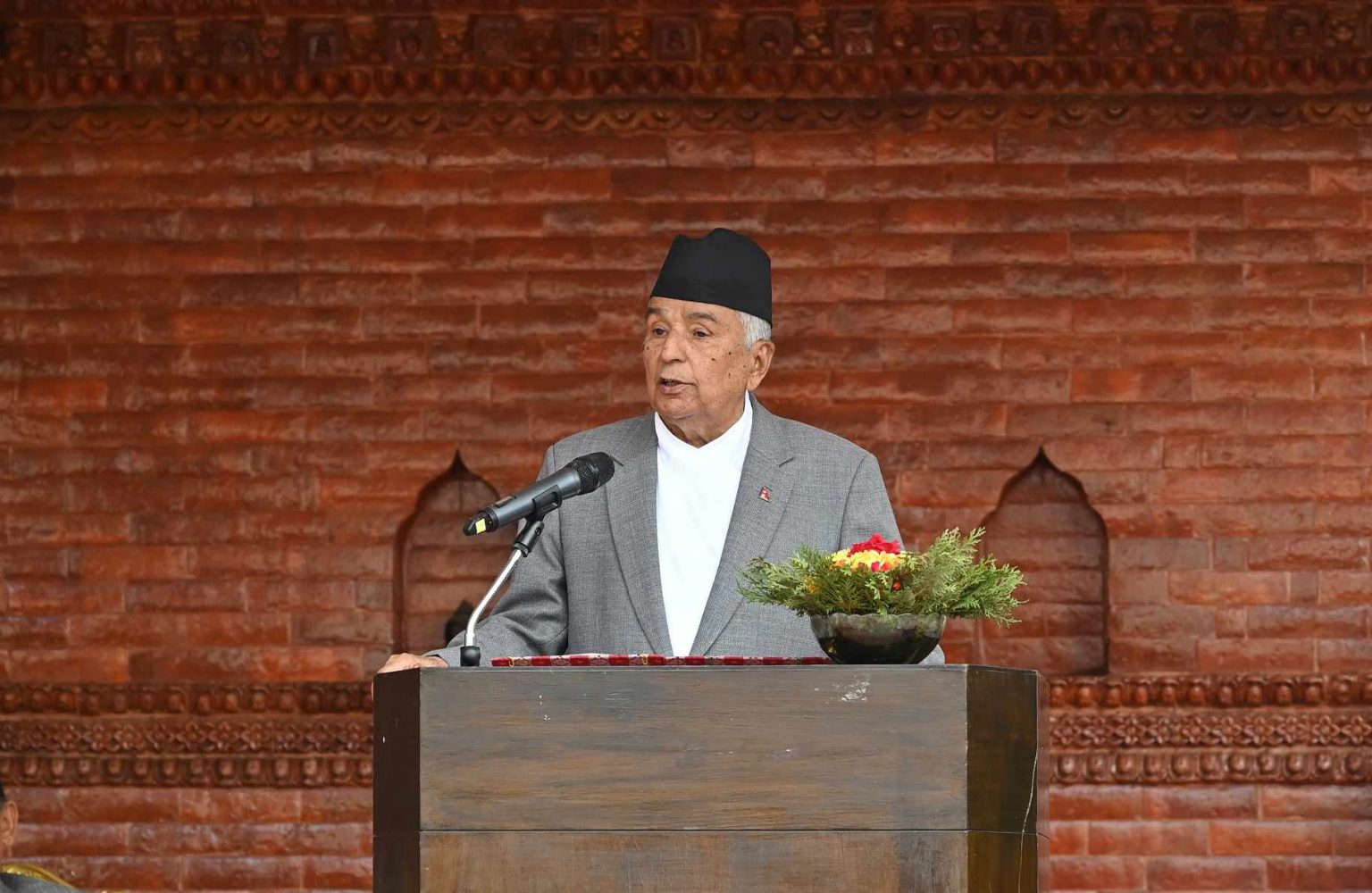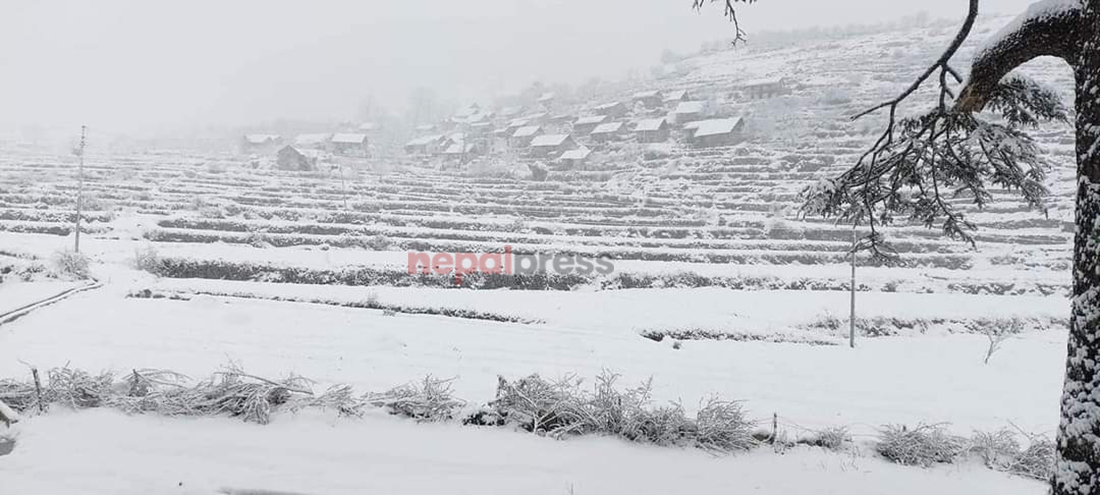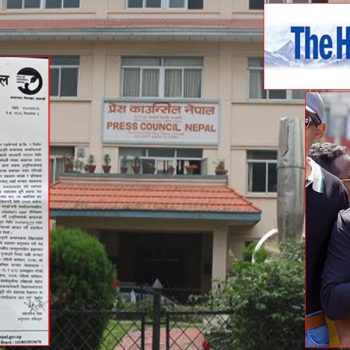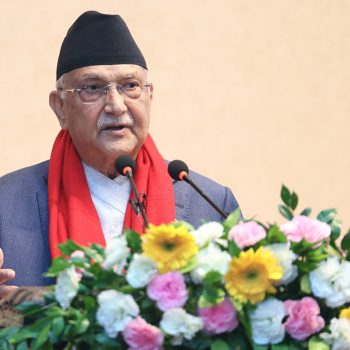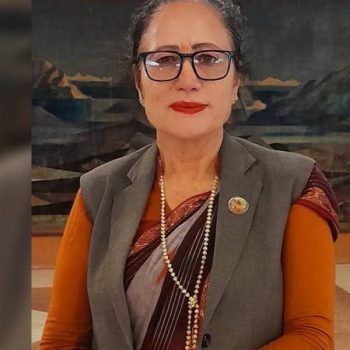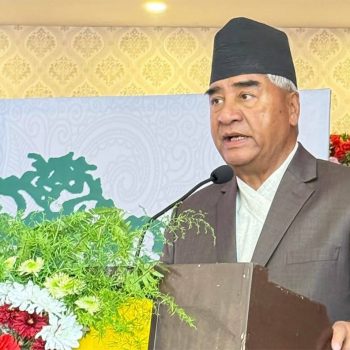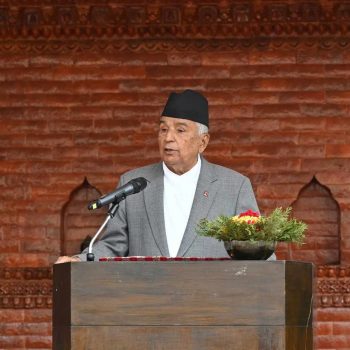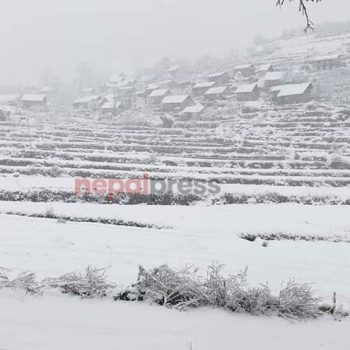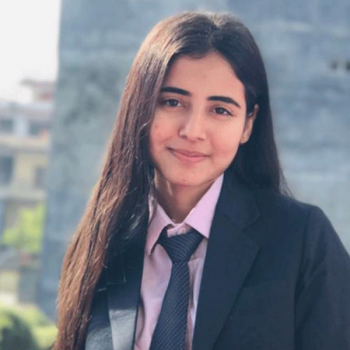Judges’ Society Nepal, Shakti Samuha join hands against human trafficking
 NepalPress
NepalPress

KATHMANDU: Judges have gathered in one place to discuss the issue of controlling trafficking and punishing those involved in such heinous crime and giving justice to the victims.
Supreme Court, high court, special court and district court judges attended the programme organised by Judges’ Society Nepal and Shakti Samuha in Kathmandu on Friday and Saturday.
This is probably the first time that the Judges’ Society Nepal had held a discussion with the judges and stakeholders by becoming the organizer of the campaign against human trafficking.
The organizer said that this has increased interest in the sensitivity of the issue of human trafficking.
Inaugurating the programme, Supreme Court Justice Sapana Pradhan Malla said that women are still vulnerable to human trafficking and have also been struggling hard to get justice.

Giving example of Chari Maya Tamang, Justice Malla said that controlling human trafficking, resolving such crimes through judicial process and giving justice to the victims should be the priority of everyone today.
She expressed her hope that there will be progress in justice delivery after the judges hear the situation of human trafficking and listen to the grievances of the victims.
General Secretary of the Judges’ Society Nepal and Chairman of the Special Court Tek Narayan Kunwar said that the main objective of the Judges’ Society to have cooperation with Shakti Samuha, an institution established by the victims of human trafficking, is the discuss the process of giving justice of the victims of human trafficking.
On the occasion, Chari Maya Tamang, founder of Shakti Samuha, shared the story of the struggle they went through while coming to Nepal after being rescued from a brothel in Bombay (Mumbai) in 1995. She said that the situation has become far better now.

Alice Christopher, country director of Our Organization, among others were also present in the programme.
Various issues like the current situation of human trafficking in Nepal, rehabilitation and victim-centered research others others were discussed in the two-day programme.


